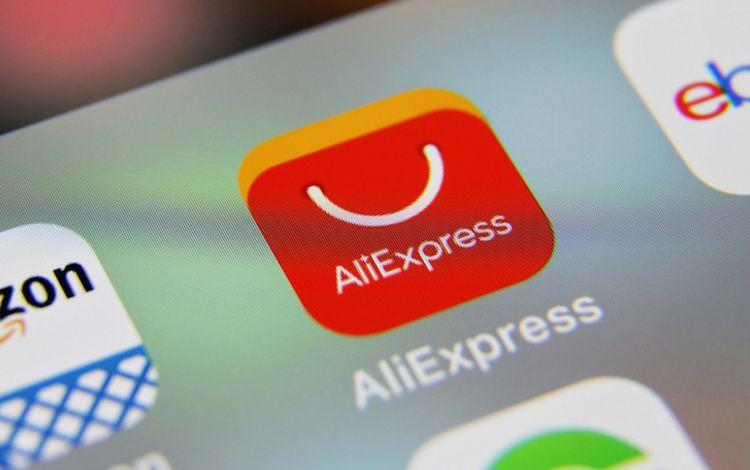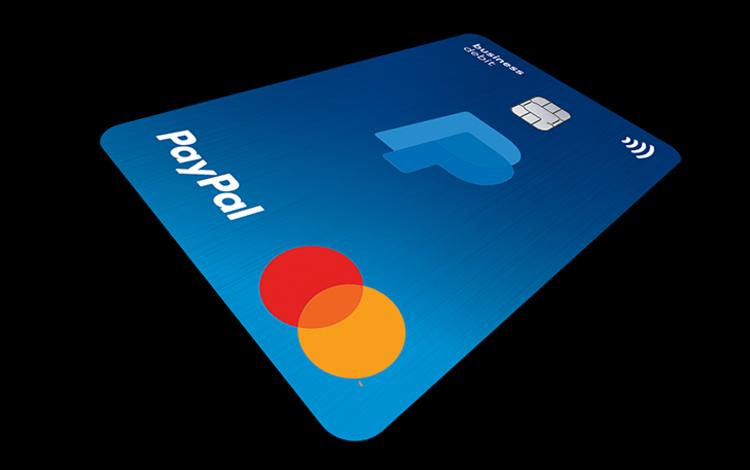Ruedi Maeder (mae)
November 26, 2019
Markets & CustomersFinTechPayments
What looks like a smart debit card is actually one - and more than that: it's part of the bank account weaning for merchants.
If you think about active giants outside of the classic GAFA Big Techs, several names come to mind - for example Wirecard, Klarna or PayPal.
All three stand out because they offer their customers an increasingly broad range of financial services at an accelerated pace, which traditionally come from the territory of the traditional banks.
PayPal is increasingly positioning itself as a challenger bank
PayPal has grown as a payment processor, and the company has been operating far beyond that for a long time. PayPal is on the way to becoming a comprehensive financial service provider, offering its business customers more and more services that make traditional bank accounts unnecessary and reduce the influence of banks.
The PayPal Business Debit Mastercard is another step in this direction. A debit card is usually linked to the holder's bank account. With the new card, PayPal shortens this "detour" and thus promotes the weaning program from the bank account.

Cardholders can pay directly with the funds in their PayPal account. The bank account stored with PayPal is only used as an alternative source of payment if the amount to be paid is not covered by the credit on the PayPal account.
Michael Luhnen, Managing Director, PayPal Germany, Austria and Switzerland says:
What the PayPal Business Debit Mastercard can do
The offer should be well received by retailers, the services and conditions of the card are attractive. The debit card can be used worldwide, in stores or online.
The card in practical portrait format can be applied for online with just a few clicks, use is free of charge and there are no monthly fees. When using the card abroad, no foreign or exchange rate fees are charged. It is also possible to withdraw cash from ATMs, for which there is a fixed fee of 2 euros per withdrawal.
For every payment with the debit card, users receive 0.5 percent cashback. The amount is automatically credited to the PayPal business account at the beginning of the following month. As a limited-time promotion at the start, a cashback of 1 percent will be granted for payments with the debit card up to and including December 31, 2019.
With the new card, PayPal has put together a well-rounded package that is hard to beat in terms of price (none) and service (comprehensive).
What is PayPal's strategy?
PayPal started with the card offer for owners of a German PayPal account, other countries will follow. After all, PayPal is currently present in more than 200 countries and connects over 295 million consumers and merchants on its platform.
Peter Bakenecker, Divisional President Germany and Switzerland at Mastercard, sums up the strategy with a simple statement:
The overarching strategy is undoubtedly to retain merchants, keep them in their own growing ecosystem and strengthen this glue with collected data with additional services that bring merchants benefits in their everyday financial life.
Since the end of 2018, PayPal has been granting its online retailers quick and uncomplicated business loans, now up to a limit of EUR 100,000. With the new card, an additional all-round offer is available, further services will follow. And what is available to dealers today should also be offered to private customers at some point in an adapted form.



